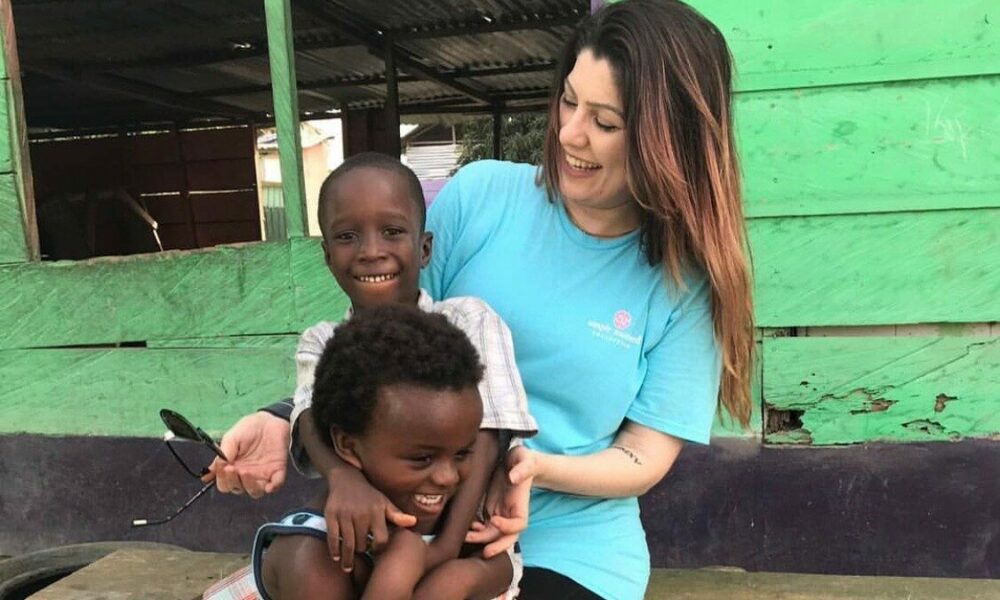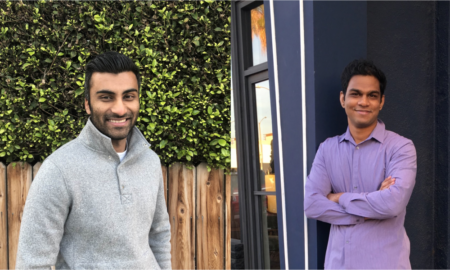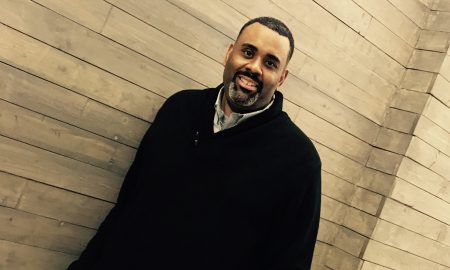

Today we’d like to introduce you to Shara Noori.
Hi Shara, please kick things off for us with an introduction to yourself and your story.
During my undergraduate academic career, I have accrued substantial experience working in various mental health facilities, ranging from forensic psychiatric hospitals to eating disorder clinics. Throughout my time in these facilities, I have witnessed and understand, in-depth, the various types of mental health disorders that exist while also having the privilege to build relationships with my patients and better understand who they are as individuals rather than their diagnoses. I have come to learn that although two individuals may be diagnosed with the same disorder, their backgrounds are often considerably different regarding socioeconomic status, past traumas, and distinct personality traits which set them apart from each other. Though each patient and each facility have brought about different experiences, one question I often get asked by many of my patients, regardless of their diagnoses, is ‘Why do you do what you do?’
I often pause and ponder this question, rummaging for the right words to say to try to explain the reasons behind my passion of wanting to help people with mental health disorders. What sparked my interest in pursuing a career in mental health was my own life experiences. In the summer of 2011, I was held at gunpoint and raped. Within moments, every aspect of my life and my sense of purpose changed. With the help of a strong support system and intense self-reflection, I chose to transform the pain and darkness from the traumatic experience into hope and purpose for my life.
As a result of my experiences, I developed a passion for wanting to help others, not only with the intention of making a change in their lives but also in hopes of illustrating to others that it is possible to turn negative experiences into positive, life-changing ones. I started to work in multiple psychiatric facilities to treat behavioral and developmental disabilities, such as Schizophrenia, Autism, and Dementia. Additionally, I have worked in eating disorder clinics and substance abuse programs, where I have had the opportunity to work with patients struggling with PTSD, depression, and suicidal ideations. Even in the light of these fantastic opportunities, my passion for wanting to help others extends far beyond working a 9-5 job.
Throughout the years, I have volunteered for numerous organizations, which have helped promote the importance of mental health to the community. One of the organizations I am proud to say I have been a part of is the Gwinnett Sexual Assault and Advocacy Center. Here, I have worked alongside nurses, medical doctors, and law enforcement officials to provide medical examinations and mental health resources to victims of domestic and sexual violence. Additionally, I have traveled overseas to Kasoa, Ghana, to volunteer for a children’s orphanage, providing educational seminars, community outreach programs, and schooling for individuals who lack access to proper resources.
Currently, I am creating a nonprofit organization, which is aimed towards helping individuals who struggle with mental health issues. My hope for this organization is to provide access to mental health services for individuals who cannot afford them. Through this nonprofit program, I hope to help people feel seen, heard, valued, and supported.
I’m sure you wouldn’t say it’s been obstacle free, but so far would you say the journey have been a fairly smooth road?
I will be completely transparent here. I chuckled when reading this question because I remember several moments in my life when I asked myself why I had so many roadblocks. I often wondered if I was cursed because I couldn’t understand why life was so difficult. Although I say this jokingly, I do want to emphasize that the road to advancing to where I am today has been anything but easy.
Many of the people I shared my hopes and dreams with often ignored and rejected my ideas. I was called naive for believing that I could make a difference in the world. Somehow, hearing messages from others who told me that I would fail made me want to try harder to achieve my goals. I will admit that I fell countless times. However, each time I fell, I remembered my initial reason for trying to learn how to walk. I reminded myself of my struggles and how I wanted to use them to fuel my purpose. Ultimately, I changed the narrative that people told me and wanted me to believe. We are all storytelling species, but that does not mean that the stories we hear from others about our lives are always accurate.
Can you tell our readers more about what you do and what you think sets you apart from others?
I am a mental health professional. I am currently obtaining my Masters in Clinical Mental Health Counseling at Mercer University and will be obtaining licensure to practice as a Professional Counselor. This September, I am applying towards obtaining my Ph.D. in Clinical Psychology to allow me to practice as a Psychologist in the state of Georgia. What I do, as a mental health professional, is build connections and attempt to understand people. So many people have a false idea that counselors try to ‘fix people. This belief is simply not true. As a counselor, my job is not to fix you, nor am I trying to change you. My job is to understand you and see you how you want to be seen. I try to focus on clients’ strengths rather than their dysfunctions and collaboratively work with them to help them navigate through the challenges they may be experiencing.
One of the most rewarding parts of my career is witnessing people reclaim their power and change the narrative for their lives. The power of listening to my clients instills hope and illuminates their strengths, which ultimately plants the seeds that result in growth. The wonderful thing about my job working as a mental health professional is that I am also changing in the process. I can not remain the same after being in the presence of so many who are changing. The stories that I’ve heard and the courage that I have witnessed have profoundly affected me, not only as a mental health professional but also as a human being who is also trying to walk through life’s hurdles.
Do you have any advice for those looking to network or find a mentor?
My advice for finding the right mentor for you would be to be willing to take risks and allow yourself to be seen and heard. So many people are afraid to reach out for support because they fear others will not understand them. Although there will be people who will have trouble understanding your ideas and beliefs, you need to be willing to accept that this is part of the journey.
In my opinion, I believe that the measure of true success requires you to recognize that each individual has their own unique set of values, beliefs, and expectations of the world around them. These differences indicate that how we perceive the world and the events in it will also be different. The meanings we create and the narratives we write will be different. Rather than identifying different personalities and ideas as problematic, I encourage you to learn to celebrate and appreciate them. Continue seeking like-minded support from people who believe and support you. Accept feedback, ask questions, and take chances that will make you feel uncomfortable. I promise you that success will eventually follow.
Contact Info:
- Email: Sharanoori@gmail.com
- Instagram: https://www.instagram.com/strongerthantitanium/
- Facebook: https://www.facebook.com/shara.noori/






Image Credits:
Shara Noori















